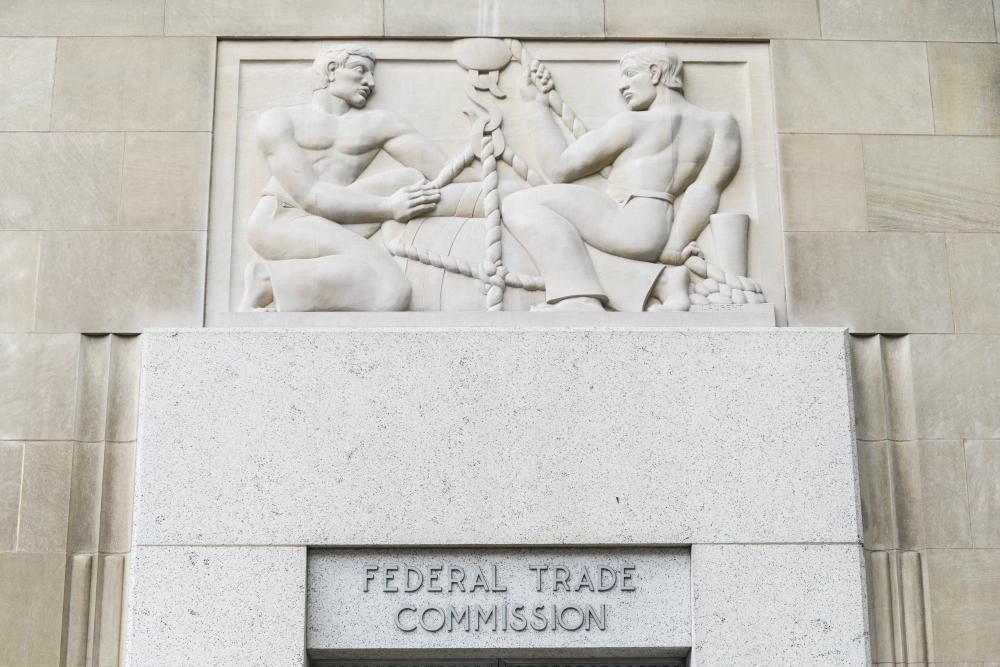If the U.S. Supreme Court rejects President Donald Trump’s firing of FTC Commissioner Rebecca Kelly Slaughter and defies conventional wisdom (see 2512080047), it would go a long way to counter the prevailing view that the court is doing Trump’s bidding regardless of the law, argued Peter Shane, chair in law emeritus at Ohio State University, in Friday's Washington Monthly. If SCOTUS upholds the firing, Trump could also fire members of the FCC with whom he disagrees, including Democratic Commissioner Anna Gomez.
Privacy Daily is providing readers with our top 20 most read stories published in 2025. All articles can be found by searching the titles or clicking on the hyperlinked reference numbers.
President Donald Trump’s AI executive order doesn’t have a direct preemptive impact, so companies should comply with state AI laws for now, but expect litigation on several fronts in 2026, attorneys and consumer groups said in a recent analysis of the order (see 2512150050).
A federal court has finalized Disney’s $10 million settlement over claims that the company violated COPPA when it failed to designate its YouTube content as “directed toward children,” DOJ said Tuesday.
The FTC’s $60 million settlement with Instacart suggests that automation doesn’t “absolve companies of transparency, consent, or fairness obligations,” attorneys for Mintz said in a post Tuesday.
NYC Mayor-elect Zohran Mamdani (D) picked FTC veteran Samuel Levine as his Department of Consumer and Worker Protection commissioner, Levine said in a post Tuesday.
Businesses that have used iRobot devices and the data they collect should verify compliance with state privacy laws, attorneys at McCarter & English said Monday.
The FTC’s decision to vacate a Biden administration order against Rytr suggests the agency will “aggressively prioritize innovation and regulatory restraint” under Chairman Andrew Ferguson, Frankfurt Kurnit’s privacy team said in a post Wednesday.
The fate of a New York AI bill signed last week by Gov. Kathy Hocul (D) is unclear due to federal attempts to combat state AI regulation, Davis Wright attorneys blogged Tuesday.
Kids privacy and child safety online have been hot-button issues on both sides of the aisle and will remain so in 2026, said privacy lawyers in interviews with Privacy Daily. Despite the bipartisan focus and federal bills pending on these issues, several of the lawyers were doubtful about passage of a national law next year.
